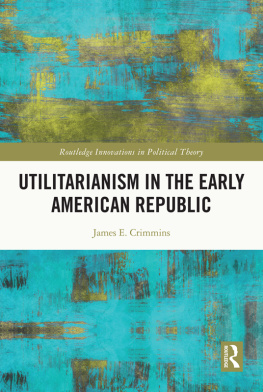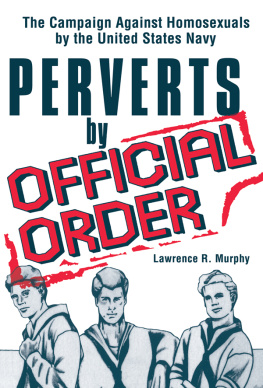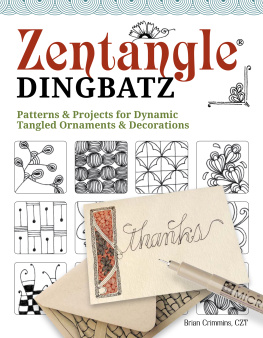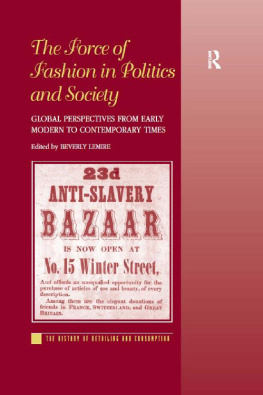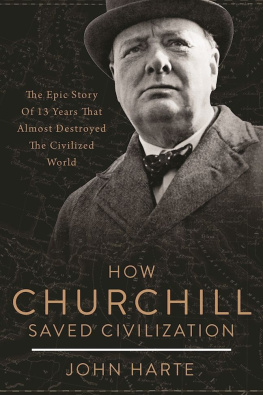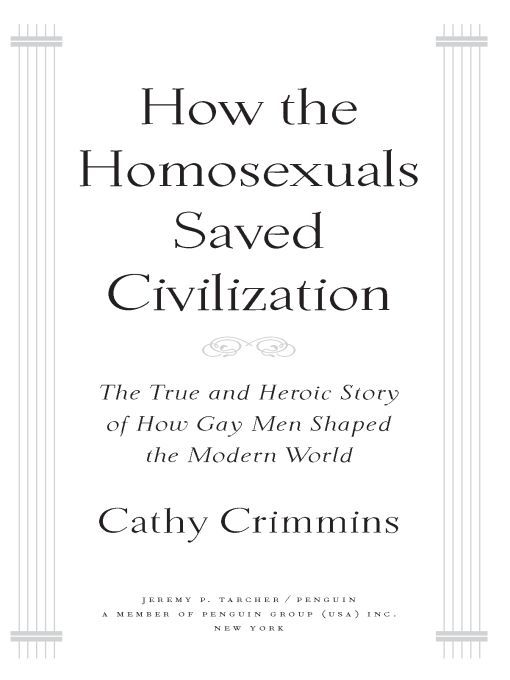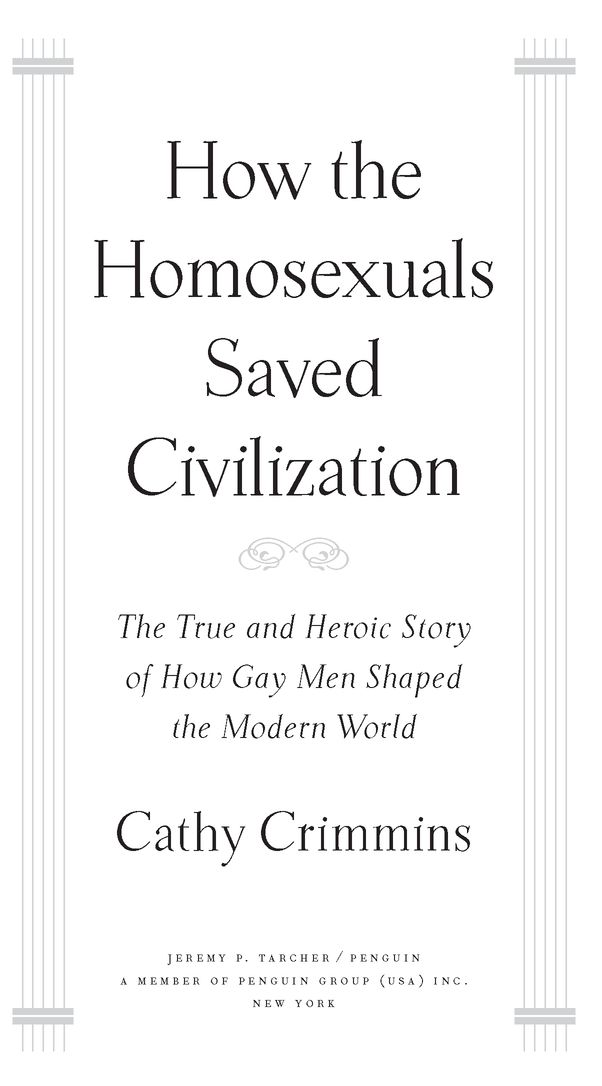Table of Contents
If you removed all of the homos and homo influence from what is generally regarded as American culture, you would be pretty much left with Lets Make a Deal.
Fran Lebowitz
To all my gay boyfriendsespecially
the fabulous St. James Shatzer
As always, to the memory of John Gaggin
And, finally, to the memory of Matthew Shepard,
and in celebration of two friends
who survived brutal attacks,
Robert Drake and Trev Broudy
Homosexuals have pinned their integration into society on promoting the aesthetic sense.
Susan Sontag
Toto, Ive a feeling were not in Kansas anymore.
Dorothy Gale (played by Judy Garland) in The Wizard of Oz
Prologue
Putting My Finger on It
I grew up in paradise. The area had every natural resource going for itrolling green hills, a gentle scenic river, heirloom trees, and views of endless fields and woods dotted with wild and domestic animals. But it wasnt the natural setting that spelled paradise to me. Even as a child, I leaned more toward artificial pleasures, which the place had in droves. The pretty valley skirting the Delaware River boasted flamboyant restaurants in eighteenth-century inns, fine local theater that attracted actors, writers, and directors from New York and Hollywood, quaint antiques shops, art galleries, and impossibly beautiful garden stores.
Growing up in Bucks County, Pennsylvania (or, actually, right over the river in New Jersey, in Hunterdon County), was wonderful because intrepid gay pioneers had come before us, blazing a trail filled with all the important things in life. They had settled this rural area right after World War II, and made it civilized.
As a young girl, I couldnt put my finger on what made the area around New Hope, Pennsylvania, so fabulous, so different from other rural or suburban environs. Now I know that it was this steady presence of gay men that set it apart. The labels homosexual, faggot, and queer were never mentioned in my household. Instead, my family displayed a quiet appreciation for what at that time was a closeted culture.
In the small river town where my parents had started a company, we all admired the local florists, two well-dressed men who created the most elegant arrangements for miles around. They shared bachelor living quarters and kept two standard poodles in their shop. Our family went to the Lam bertville Music Circus, an outdoor tent theater owned by St. John Terrell, who brought in Dorothy Lamour, Donald OConnor, and other campy old-time stars to perform in Broadway musicals.
Before he retired to the country to stage plays in a tent, St. John Terrell had made a splash in 1933 as the original Jack Armstrong, the All-American Boy on radio. Now I see his early role as ironic. Outside the soundstage, Jack Armstrong was probably doing things considered to be very un-American at the time. As a kid in the sixties and seventies, I saw the flamboyant Terrell nearly every Christmas morning in the reen actment of George Washington crossing the Delaware. He took the role very seriously, standing at the bow of the boat in the exact same position George assumes in the famous painting. After reaching shore, the bewigged and rouged Terrell made a speech and swirled his navy blue cape. Then he made his exit, complete with colonial drummers, flags, and a long, slow march into the distance. It was very campy, although my child-mind didnt see it that way. Apparently others had caught on, though, since some time in the early seventies a bunch of college students rented a speedboat, plastered it with British flags, and sped around George s boat, trying to get St. John Terrell to fall into the water. Ive since learned that Terrell identified himself as heterosexual, so I guess I have to put him in the ever-expanding gay-seeming category of theater types.
Campy sites and activities were everywhere around me. You only had to go one town over to Stockton, New Jersey, to find the original small hotel with a wishing well described by Rodgers and Hart in their famous song. Lorenz Hart, who wrote some of the best lyrics in the world, was a tortured, closeted gay man. Playwright Moss Hart (also allegedly a closeted gay man) and his wife, Kitty Carlisle, had a house nearby. Dorothy Parker had lived with her allegedly gay (bisexual?) husband, Alan Campbell, only a few miles from our house. I wasnt surprised recently to find that Andy Warhol had discovered Charles Rydell, the star of his movie Blow Job, in a performance of Lady in the Dark with Kitty Carlisle at the Bucks County Playhouse.
My family dined at Chez Odette on the canal in New Hope, which was owned by Odette Mytril Logan, the original Bloody Mary on Broadway in South Pacific. She had a piano bar where handsome young homosexuals sang catchy tunes well into the night. (And, okay, I hate to bring it up again, but there were standard poodles running around the place, too.) I didnt know that many of the handsome men with good voices were gayit was never discussed, but it was there. The gayness in the room was like the infamous elephant in the drawing room, which made an enormous impact on the environment, even if no one would admit it.
At a town north of where we lived, I auditioned to be in the chorus of a summer stock theater, where I met my first gay boyfriend. Of course I didnt exactly know that Wesley was queer (my gaydar was as yet undeveloped), but I knew enough to have on hand another, more sexually forward, beau. So while Wesley, the gay boyfriend, helped me with my stage makeup and introduced me to Cole Porter tunes, opera, and the poetry of W. B. Yeats, my less civilized, straight high-school lover had sloppy sex with me in the backseat of his car and on my parents living-room floor. I still have the edition of Yeatss collected poetry that Wesley gave me, whereas I have nothing left of any value from my boorish straight boyfriend.
So what does all this mean? Why do I still yearn for the paradise of my youth, created mostly by closeted gay men? This early utopian vision of a world where everything was nice and interesting, and never dull, has had a lasting effect on my adult choices. Because I was exposed to the homosexual aesthetic at an early age, Ive never wanted to live anywhere without gay men. I enjoy being in a world where foreign cinema, tropical floral arrangements, and provocative finger foods are considered life necessities. Why wouldnt I? The straight male aesthetic often features beer and Barca loungers.
Without the artful influence of gay men, our American landscape can seem like a wasteland, like one giant Wal-Mart, or Disney World. Would I want my daily life to resemble a bad version of Superbowl Sunday? Its too frightening to contemplate.
Ive come to realize that my upbringing was a tad unusual for the times. If the topic of male homosexuality was never overtly discussed, it was at least implied in my household. I was exposed to a raft of unspoken positive queer stereotypes. Gay men were creative, interesting, and talented. The men who lived together or alone, who were my fathers age but had no wives, had the time and money to create flair and style. My father, a beleaguered breeder, might have been wearing dorky straight plaid pants and Hush Puppies, but he got to eat in gay restaurants and attend gay theater productions.


